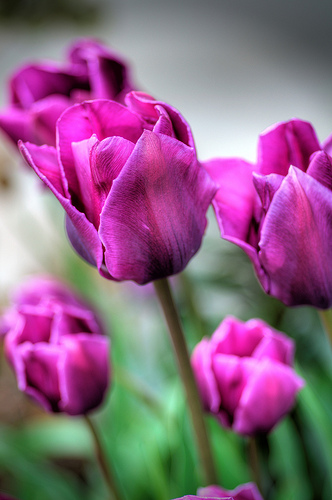AARP Hearing Center

I winced when I received the Newsletter of my ALF. The Newsletter for the Spring months of March or April is usually devoted to the reawakening of nature, a celebration, both religious and mythological, of what Stravinsky imagined musically, as “The Rites of Spring.”
The “rite” celebrated in the Newsletter was presented as a poem, which hallowed the Spring Christian holiday, Easter, taking for granted that others make the same assumption about the religious nature of Spring.
I understand why Spring is synonymous with the Christian holiday. After all, 71% of Americans who consider themselves religious, call themselves Christian; only 6% of Americans who declare they’re religious, are non-Christian. But they’re there.
I’m one of them. You might have noticed my name is Weinman. (I’m not from Kansas, Dorothy.) In fact, if it weren’t for my religion, there’d be no Easter.
I’m a Jew. I celebrate Passover. The holiday begins with the Seder dinner (Good Friday this year) which Christians know as The Last Supper, where the Jewish rabbi, Jesus, was arrested because of the perfidy of one of his 12 Jewish friends and followers.
Judaism is but one of the 12 major non-Christian religions in the country. There is the other so-called Abrahamic religions: Islam.
Other major non-Christian faiths are Baha’i, Buddhism, Confucianism, Hinduism, Jainism, Shintoism, Sikhism, Taoism, Wiccan, and Zoroastrianism.
Thus, the religious body of America is composed of a diversity of parts; many, but lesser known; perhaps unnoticed.
And even before there were church-going folks, the season of Easter was the time of Bunnies and Eater egg hunts; years when ancient, pagan people celebrated the gods who powered nature’s reawakening: Maia for the Greeks, Flora for the Romans, Isis for the Egyptians, Ostara - whose magic was celebrated by painted eggs and white rabbits – in the Celtic culture. . . Hmm! How American!
And how imbedded in our Celebration are the words, God sent His Son. . . Jesus gave his life. . . . His resurrection proves He is our Lord. . . .
As I mentioned, my name is associated with the shtetls of Russia and Eastern Europe. Therefore, these prayerful words don’t resonate with me; nor, I would think any of the other twelve religions listed above.
Interestingly, many of them celebrate joyous time in the months of March and April. Jews celebrate Passover (Sometimes on the same days as Easter, like this year). Bahai’s and Persians celebrate Naw Ruz. The Hindus among us celebrate Holi; the Buddhists, Theravada.
Of course, I’m not blind to the fact that there are only two Jews in my ALF; that all of the residents, but one, are White. Overwhelmingly Christian. The Easter celebration represents the majority.
Israel Baline, a Russian Jew, better known as Irving Berlin, composer of two of America’s iconic Christmas and Easter songs ( White Christmas) and ( Easter Parade) also wrote the hymn-like song, God bless America.
Whose God was he asking?
Dick Weinman is an AARP Oregon volunteer and our Assisted Living Facility (ALF) guru.































































